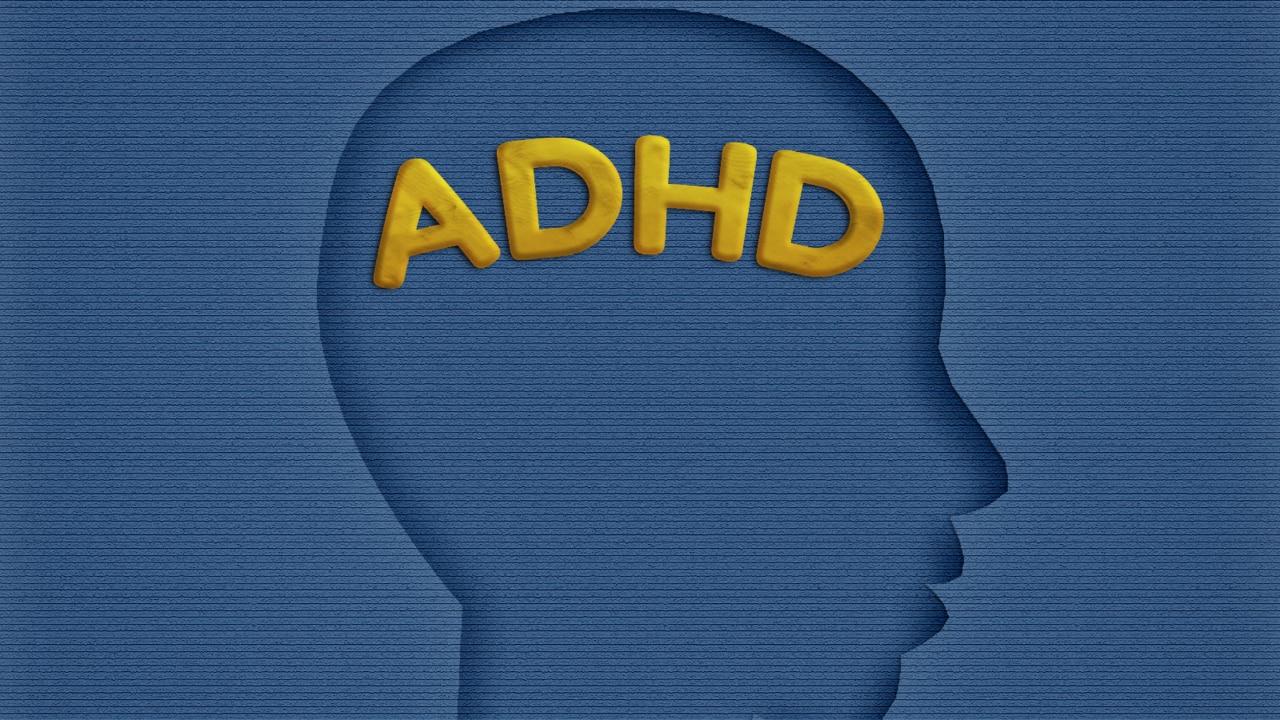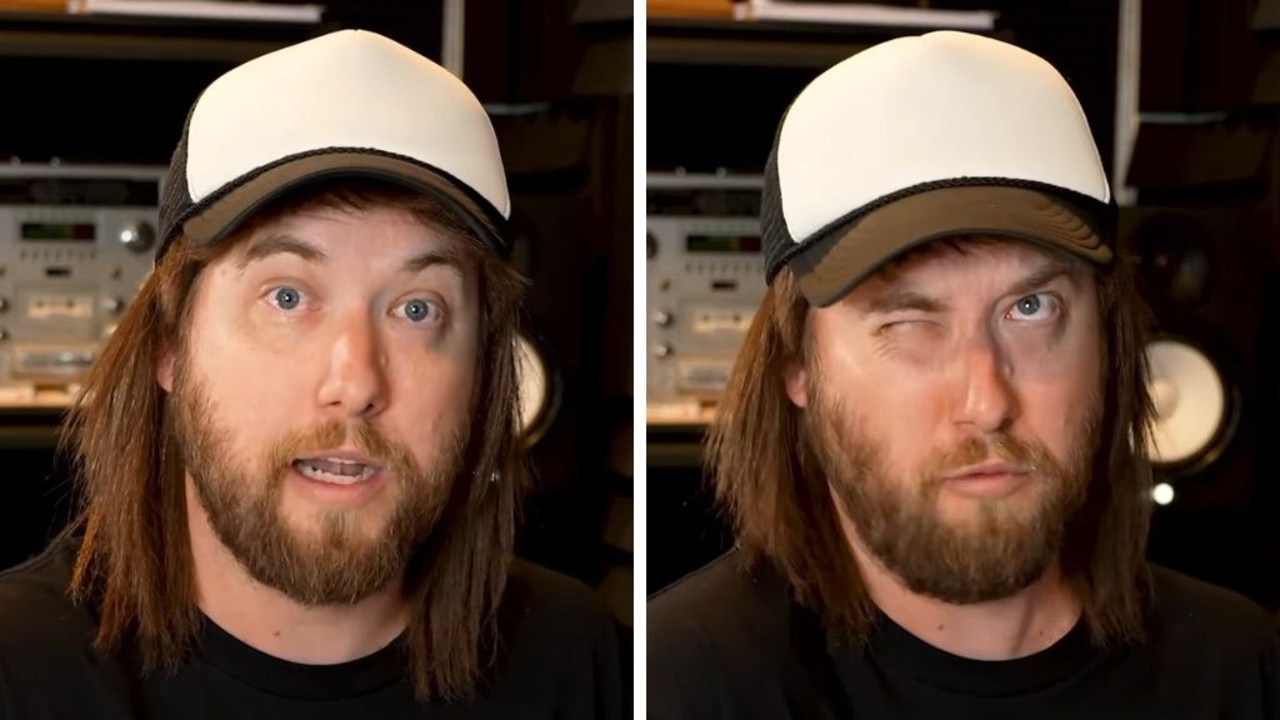ADHD is being ‘overlooked’ among older people when it comes to diagnosis and treatment
Experts have revealed the surprising new findings that are affecting a group of unsuspecting Australians. Here's what to look out for.

National
Don't miss out on the headlines from National. Followed categories will be added to My News.
Over-50s are “overlooked” when it comes to diagnosis and treatment of ADHD, according to international experts.
They have called for better guidelines on treating people in this age group, saying there is a “striking” gap in knowledge about older people as existing guidelines focus on children and young adults.
The researchers reviewed current data on what they have described as an increasing issue globally and released their findings on Wednesday in the journal Expert Review of Neurotherapeutics.
“There is a striking knowledge gap on ADHD in older adults, and the diagnosis as well as treatment for ADHD in this age group,” they wrote.
Lead author Dr Maja Dobrosavljevic from the University of Orebro, in Sweden, said the analysis concluded that better approaches were “urgently required to screen and diagnose people aged from around age 50 to 55”.

“As we gain deeper insights into the challenges faced by older adults living with ADHD, a comprehensive and tailored approach is crucial for their wellbeing,” she said.
“We therefore urge the medical community, researchers, and policymakers to collaborate in refining diagnostic criteria, treatment guidelines, and research initiatives that are inclusive of all age groups affected by ADHD.”
ADHD is estimated to affect about 2.5 per cent of adults and is known to run in families. Symptoms include impulsivity, hyperactivity, and poor focus, attention, and organisational skills.
The neurodevelopmental disorder can persist throughout life and have a negative impact on education, job prospects and social interaction.
The researchers reviewed almost 100 studies, including papers on the prevalence, health outcomes, diagnosis, and treatment efficacy/safety, as well as clinical guidelines/consensus statements providing recommendations on clinical diagnosis and treatment of ADHD in older adults.
“Our results show no studies have observed people over a long time period into older age,” said co-author, Professor Henrik Larsson, also of Orebro University.


“Research has instead focused on retrospective assessment of childhood symptoms, and this can be unreliable because of age-related memory issues.
“Essentially, this means that more trials are needed into the safety and efficacy of current ADHD medication, including the maximum recommended doses, used to treat this age group – who are at increased risk of other health conditions such as heart problems.”
Screening tools validated for ADHD in older adults are not specific enough to recognise the condition in the over-50s. Only those with the most severe ADHD would be picked up, the study found.
Some medical conditions among older adults have similar clinical presentations as ADHD such as menopause-related memory decline, bipolar disorder, depression and sleep disorders and this had to be taken into account, the study said.
The research found only scarce evidence on the safety, and efficacy of ADHD medication in older adults.

A separate small Norwegian study, referenced in the new study, found the medication helped 65 per cent of people but 42 per cent stopped taking the drugs due to anxiety/depression, cardiovascular complaints and sleep problems.
University of Adelaide child psychiatrist Professor Jon Jureidini, a critic of ADHD diagnosis, said “there’s no doubt that people of all ages can be more than usually inattentive, overactive for impulsive. That might be a manifestation of something not being right, either in their self or in their environment.”
However he said the argument that this was a neurodevelopmental disorder is “completely unsupported”.
“It’s a description masquerading as an explanation,” he said.
He feared instead of getting to the bottom of why an older person was behaving this way there would be a tendency to “just stick a label on them and give them a drug”.
More Coverage
Originally published as ADHD is being ‘overlooked’ among older people when it comes to diagnosis and treatment





